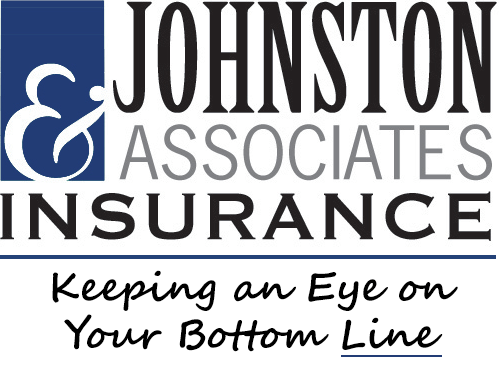
You know how many things can go wrong if you run a small business. You’ve probably heard the horror stories even if they haven’t happened to you personally. Whether accidental customer injuries, legal action from competitors, or any of a thousand other heartburn-inducing scenarios, the risks and pitfalls of running even a very small enterprise can keep you up at night.
General liability insurance is one of the most effective ways to protect your business from potential financial loss. Let’s explore how this coverage helps keep small business owners confidently on track to success.
What Is General Liability Insurance
Also known as commercial general liability insurance, general liability insurance protects businesses from financial loss arising from claims of damage or injury caused directly or indirectly by your business operations. It can help cover the costs of legal fees, medical expenses, and lawsuit damages from incidents that are not intentional in origin.
General liability insurance typically covers several key areas, including:
Bodily Injury
In the unfortunate event that a customer is injured on your business premises or as a result of your business activity, general liability insurance can help cover the costs of damages, medical expenses, and legal fees. For example, a customer could be struck by ice falling from a business’s roof.
Property Damage
If a customer or client’s property is damaged due to your business activity, general liability insurance can help with repairs or replacement costs. For example, if you own a landscaping business and one of your employees accidentally damages a customer’s driveway property while providing service.
Personal Injury
General liability insurance can cover nonphysical personal injury to a third party—such as false advertising, libel, or slander that results in financial loss. For example, a customer could claim that a business’s advertising materials contained misleading claims that resulted in financial loss.
Advertising Injury
General liability insurance can also cover copyright infringement or violation of intellectual property rights related to your business’s advertising or promotional materials. For example, an advertisement might accidentally include copyrighted material for which the owner seeks compensation.
Without adequate insurance coverage, a business could be severely impaired—or even bankrupt—when held financially responsible for harm arising from such occurrences.
What Coverage Does a Small Business Need?
As you can see, selecting the right general liability insurance can be a game-changer for a small business. The amount of coverage your business needs will depend on several factors, including the size of your business, the industry you’re in, and the specific risks your business faces.
But let’s not forget: There are other types of liability insurance, and these coverages can make a big difference when needed. These include:
Umbrella Insurance
This type of policy provides additional liability coverage beyond the limits of your general liability policy.
Cyber Insurance
This covers financial losses resulting from data breaches, cyberattacks, and other digital threats. In the age of advanced digital hazards, this kind of insurance is increasingly popular among business owners eager to protect themselves from rapidly evolving threats.
Product Liability Insurance
This covers claims of injury or property damage resulting from a defective product your business sells or manufactures.
Employment Practices Liability Coverage
An employment practices liability policy helps protect business owners against claims from customers, clients, or vendors alleging discrimination, wrongful termination, harassment (including sexual harassment), or other wrongful employment acts.
Finding the Right Coverage for Your Business
When your focus is keeping the lights on, the shelves stocked, and business flowing through the front door, the last thing you want to worry about is life’s little (or big) accidents. General liability insurance can help protect your business from financial responsibility for a host of pitfalls while you focus on the things that matter. Contact a local insurance agent today to learn how we can help you stay on track and on target with peace of mind.
ERIE® insurance products and services are provided by one or more of the following insurers: Erie Insurance Exchange, Erie Insurance Company, Erie Insurance Property & Casualty Company, Flagship City Insurance Company and Erie Family Life Insurance Company (home offices: Erie, Pennsylvania) or Erie Insurance Company of New York (home office: Rochester, New York). The companies within the Erie Insurance Group are not licensed to operate in all states. Refer to the company licensure and states of operation information.
The insurance products and rates, if applicable, described in this blog are in effect as of January 2024 and may be changed at any time.
Insurance products are subject to terms, conditions and exclusions not described in this blog. The policy contains the specific details of the coverages, terms, conditions and exclusions.
The insurance products and services described in this blog are not offered in all states. ERIE life insurance and annuity products are not available in New York. ERIE Medicare supplement products are not available in the District of Columbia or New York. ERIE long term care products are not available in the District of Columbia and New York.
Eligibility will be determined at the time of application based upon applicable underwriting guidelines and rules in effect at that time.
Your ERIE agent can offer you practical guidance and answer questions you may have before you buy.

A better insurance experience starts with ERIE.
Haven’t heard of us? Erie Insurance started with humble beginnings in 1925 with a mission to emphasize customer service above all else. Though we’ve grown to reach the Fortune 500 list, we still haven’t lost the human touch.
Contact Johnston & Associates Insurance today to experience the ERIE difference for yourself.
